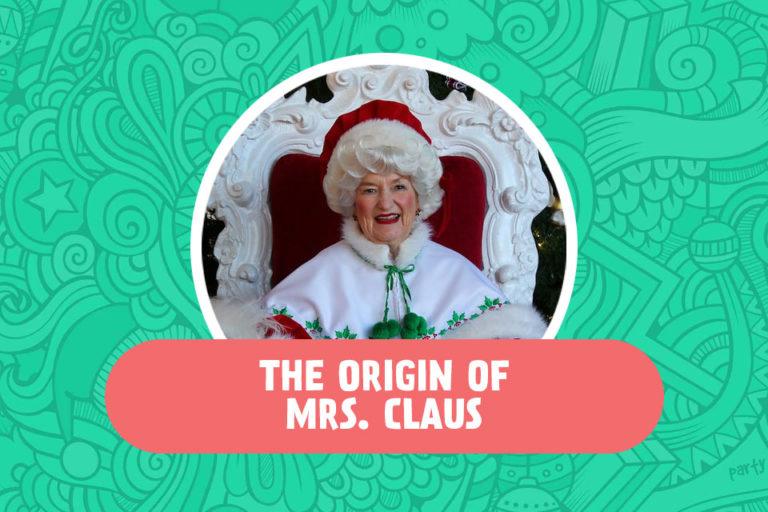Boxing Day: The Day After Christmas in England
In England and other English-speaking European countries, the day after Christmas is known as “Boxing Day.” Those of us in the U.S. who need to brush up on our history knowledge might be curious about how the day after Christmas became known as “Boxing Day” in England.
Don’t Raise Your Fists Just Yet
Contrary to what the name “Boxing Day” conveys, it has nothing to do with boxing or any other sport. The day after Christmas became known as Boxing Day during the Middle Ages, but the precise origin is unknown. Churches during that time period would open up their alms box, a box that contained monetary donations parishioners had given, and distribute that money on the day after Christmas to needy people who lived in the area. That is one of several possibilities explaining why the day after Christmas became known as Boxing Day.
England’s wealthier families gave boxes or gifts to their servants on December 26, and that practice has also been a possible explanation for the origin of Boxing Day.
What Happened To Boxing Day?
The day after Christmas is still known as Boxing Day in England, although the name never really took hold in the U.S. despite our nation’s English roots. It’s quite evident though that the spirit of Boxing Day is celebrated in the U.S. in many ways. Many of us are more charitable at Christmas time and look for ways to give our time to causes that need our help.
December 26 is also known as St Stephen’s Day. St. Stephen was the patron saint of horses, so Boxing Day became associated with horseracing and other sports. In England and other European countries that celebrate Boxing Day, Christmas Eve, Christmas Day, and Boxing Day are collectively called the Christmas Season.
Boxing Day has an undetermined start, a consistent past, and a strong following in present-day England. This December on the day after Christmas keeps in mind the new bit of Christmas lore you now know about Boxing Day and its exciting history.







